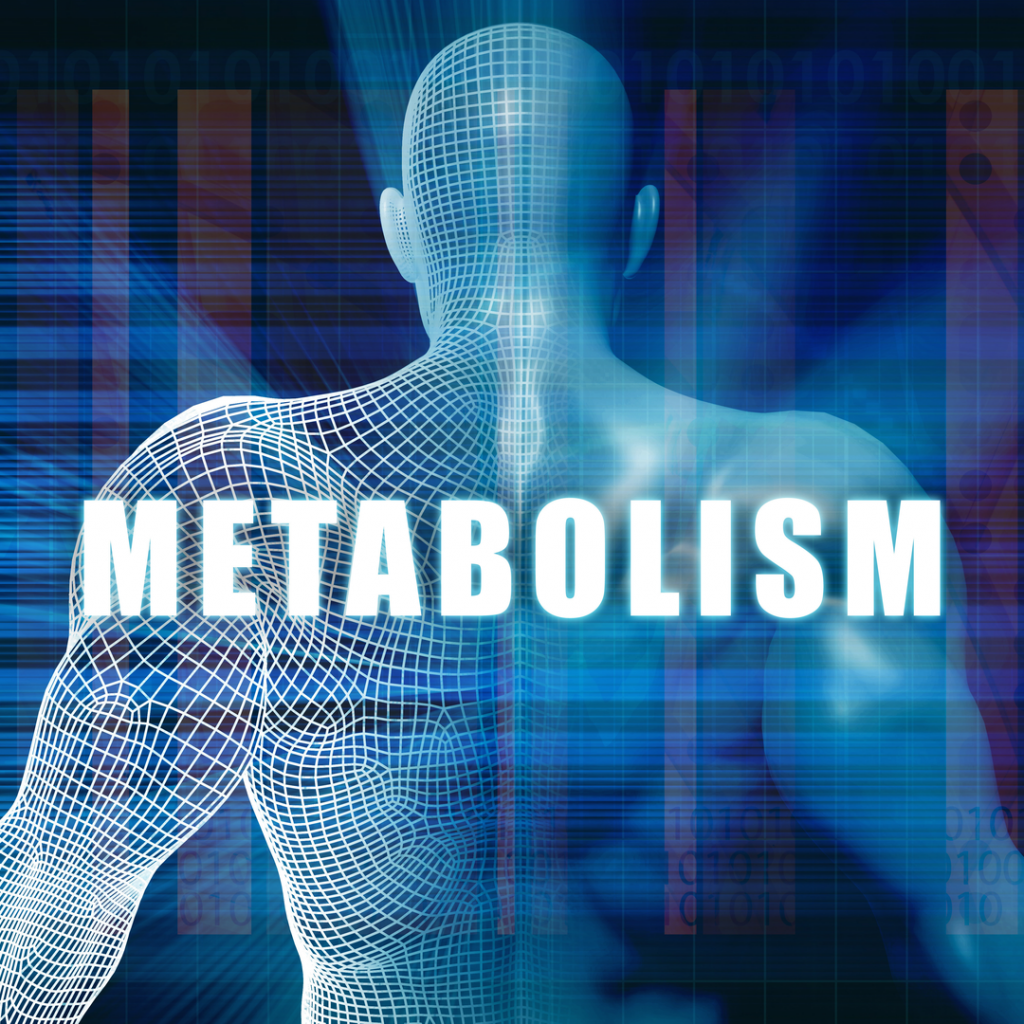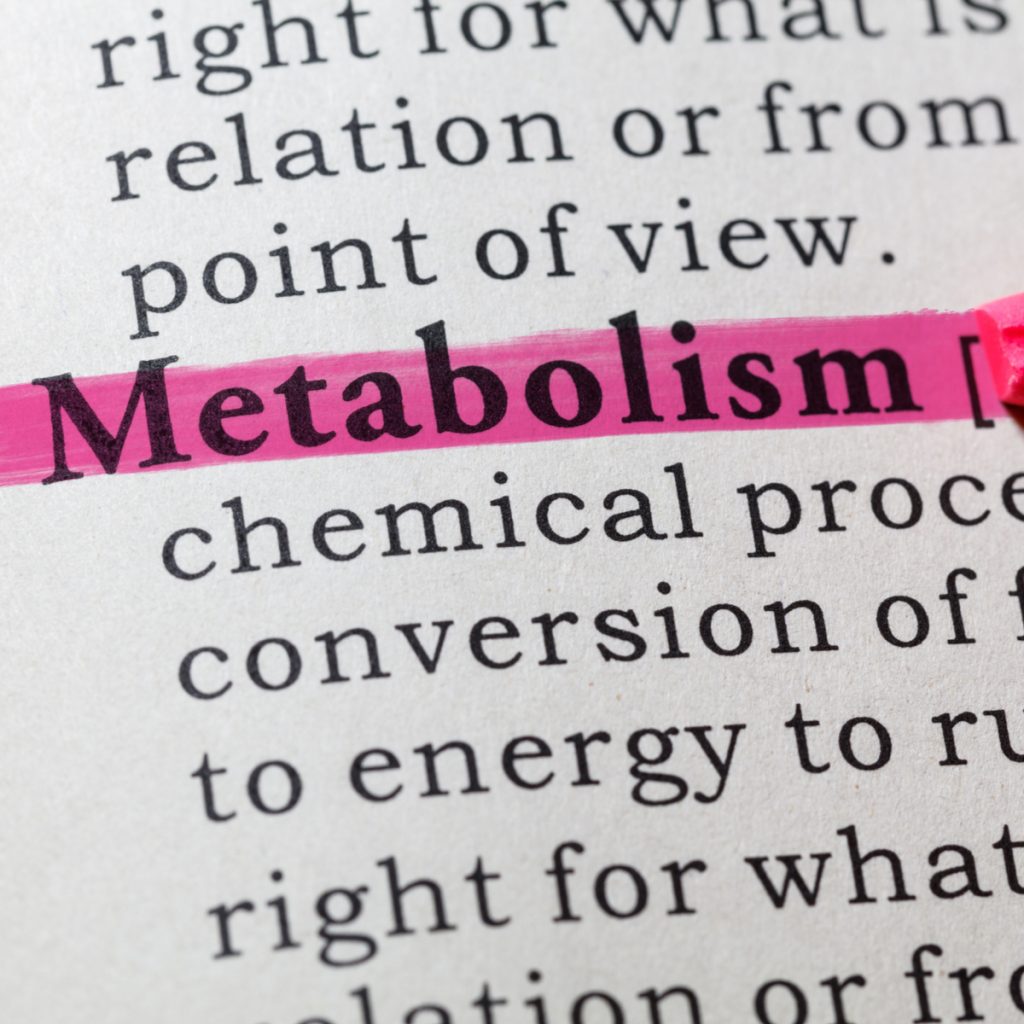In the ever-evolving realm of nutritional science, one man has dedicated his career to unraveling the mysteries of protein and its pivotal role in our metabolic needs. Dr. Donald K. Layman, a distinguished scientific researcher, has been at the forefront of this quest for over two decades. His insights have reshaped our understanding of protein, challenging long-held beliefs and shedding light on the true requirements for adult protein needs.
Rethinking Conventional Wisdom
Dr. Layman’s journey began with a critical examination of conventional wisdom surrounding protein needs, particularly in the context of growth. He recalls, “Early discoveries about protein needs were all focused on growth — for children or for farm animals.” Indeed, the prevailing notion was that adequate dietary protein merely meant providing enough to stimulate growth to adhere to a standard curve. For children, this translated to a modest requirement of 0.36 grams per pound, an amount easily met with a few simple food choices.

Beyond Growth: The True Scope of Protein Needs
However, as Dr. Layman dove deeper into the intricacies of protein metabolism, he realized that the focus on growth was just the tip of the iceberg. “Growth is actually a very small part of our dietary protein needs,” he emphasizes. Regardless of age, our bodies are in a constant state of flux, requiring protein to repair and replace nearly 300 grams of proteins daily. Muscle, bone structures, red blood cells, and various enzymes all demand a steady supply of protein for optimal function. Neglecting this fundamental aspect of protein turnover, Dr. Layman warns, is a recipe for accelerated aging and metabolic disaster.
Redefining Adult Protein Needs
Armed with this profound insight, Dr. Layman set out to challenge the status quo. His groundbreaking research, conducted in his laboratory, sought to redefine the optimal protein needs for adults. The results were nothing short of revolutionary. “We now know that adults require daily protein above 0.5 grams per pound,” Dr. Layman declares, debunking the outdated notion of a one-size-fits-all minimum recommendation.

Optimal Protein Intake for Adults
Dr. Layman’s research clarifies that best range to shoot for, falls between 0.55 to 0.75 grams per pound. This translates to approximately 90 to 130 grams of protein each day, no where close to the conservative recommendations previously prescribed. By prioritizing protein intake within this range, adults can ensure the integrity of their muscles, bones, and vital organs, thereby promoting a body with greater longevity and vitality. This is a critical insight into understanding adult protein needs and there overall health and wellbeing.
What Does this Mean for Women and Older Adults
Moreover, Dr. Layman’s findings have profound implications for specific demographic groups, such as women and older adults, who may have been overlooked in previous dietary guidelines. “What about women or mid-life or older adults?” he challenges. Indeed, the blanket recommendation based solely on the needs of physically active young males fails to account for the diverse requirements of the broader population. As Dr. Layman asserts, “Research in my laboratory is helping to redefine optimal protein needs to maintain health for adults.”

The Ongoing Quest for Knowledge
Yet, Dr. Layman’s quest is far from over. As he concludes, “Stay tuned for more about optimizing your diet and your protein needs.” Indeed, the journey towards unlocking the full potential of protein in promoting adult health continues, guided by the unwavering dedication and pioneering spirit of Dr. Donald K. Layman.
The Importance of Quality and Timing
Furthermore, Dr. Layman’s research underscores the importance of not just meeting minimum protein requirements but optimizing intake to support optimal health. While the Recommended Dietary Allowance (RDA) was originally set to prevent deficiencies in physically active young males, it fails to account for the diverse needs of the broader population. As individuals age, their protein requirements may increase to support muscle maintenance, bone health, and overall vitality. By advocating for higher protein intake within the optimal range, Dr. Layman provides a framework for promoting healthy aging and enhancing quality of life.
In addition to quantity, Dr. Layman emphasizes the importance of protein quality in the diet. Not all protein sources are created equal, and the composition of amino acids plays a crucial role in supporting various physiological functions. Complete proteins, which contain all essential amino acids in adequate proportions, are particularly valuable for supporting muscle protein synthesis and overall health. By incorporating a diverse array of high-quality protein sources into their diets, individuals can ensure they meet their protein needs while reaping the full benefits of this essential nutrient.
Optimizing Protein Intake Throughout the Day
Moreover, Dr. Layman’s research highlights the importance of timing protein intake to maximize its effectiveness. Distributing protein evenly throughout the day, rather than consuming large amounts in a single meal, can optimize muscle protein synthesis and promote better metabolic health. By spreading protein intake across breakfast, lunch, and dinner, individuals can support muscle maintenance, curb hunger, and enhance weight management efforts.
A New Era of Personalized Nutrition
As the field of nutritional science continues to evolve, Dr. Layman’s pioneering research serves as a cornerstone for understanding the intricate interplay between protein and human health. By challenging conventional wisdom and pushing the boundaries of knowledge, he has paved the way for a new era of personalized nutrition, where individuals can optimize their diets to support lifelong health and vitality. With each discovery, Dr. Layman brings us one step closer to unlocking the full potential of protein and harnessing its power to transform lives.
Understanding and addressing adult protein needs are crucial for achieving optimal health and longevity. Dr. Layman’s work illuminates the path forward, offering a clear framework for dietary recommendations that support muscle maintenance, bone health, and overall vitality across the lifespan.



